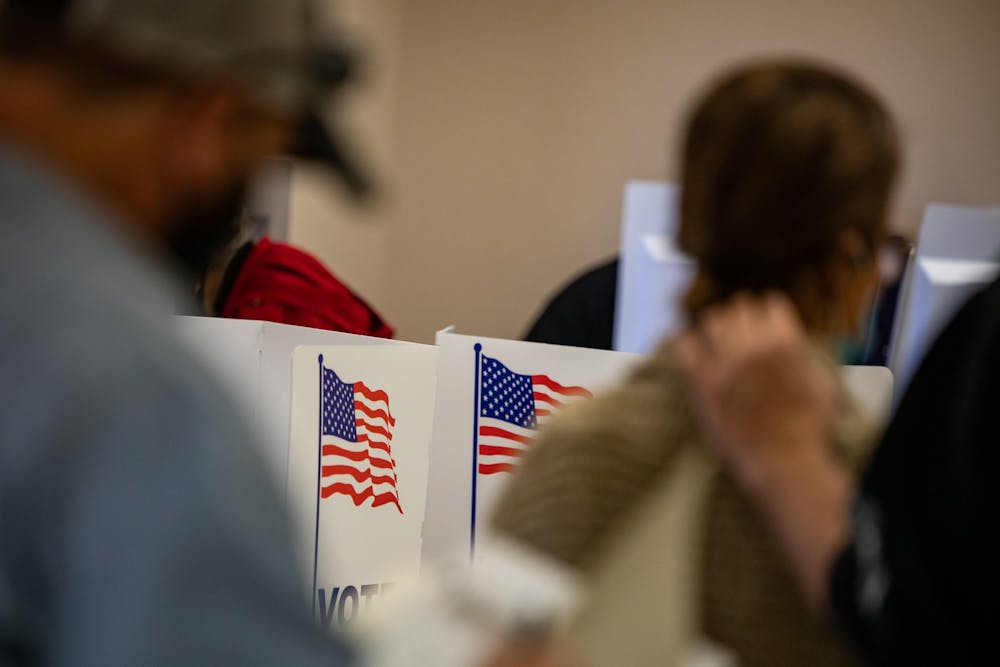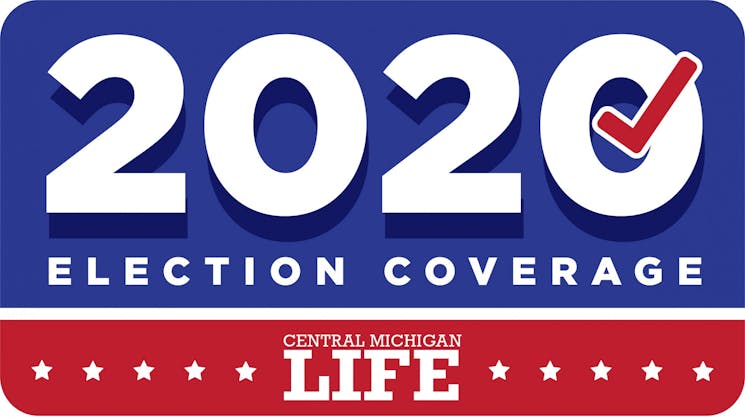Both Proposal One, Proposal Two pass in MIchigan

The packed Coe Township hall remained open until 8p.m. Nov. 3, 2020. If you have yet to vote, make sure you exercise your civic rights this election.

On Nov. 3, Michigan voters overwhelmingly voted yes on Proposal One and Proposal Two, adjusting the use of state and local park funding and adding electronic advancement in privacy legislation under the Fourth Amendment
The Associated Press called the races at about 9:30 a.m. with more than 84 percent of respective votes in favor of the proposals.
Proposal One
In addition to making adjustments to park-related funding, the passing of Proposal One will also remove the $500 million cap on the Natural Resources Trust Fund (NRTF). By removing the cap, funding can be reallocated back into local parks.
NRTF provides natural resource protection and outdoor recreation. The fund comes from a 44-year-old bill that redistributes a portion of the proceeds on Michigan oil and gas taxes back into the parks, according to the Michigan DNR website.
Becca Maher, campaign manager at Vote Yes for MI Water, Wildlife and Parks, said individuals will not be taxed for park funding.
The trust fund met the $500 million cap back in 2011. Since then, all park funding has been distributed to state parks.
Proposal One will also increase grant funding by 25 percent a year. Funding can be allocated toward developing, renovating and redeveloping recreational facilities. Local governments all across Michigan are eligible to apply for grants for their public parks.
Proposal Two
Merissa Kovach, policy strategist for the ACLU of Michigan, said Proposal Two will require law enforcement to have probable cause and a search warrant to access personal electronic information. All personal email, electronic information and cell phone data will be covered under the new legislation.
In the past, Court systems have lagged behind in interpreting the Fourth Amendment to keep up with technological advancements.
Proposal Two helps clarify what is needed when it comes to investigating an individual's personal electronic information. Kovach said it leaves no room for interpretation. Even if the federal courts are slow to keep up, there would be no question in the state of Michigan.






